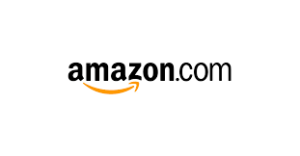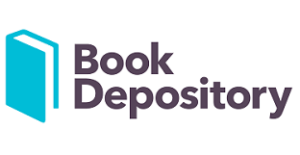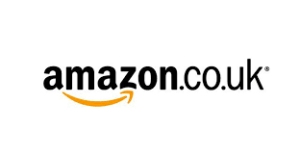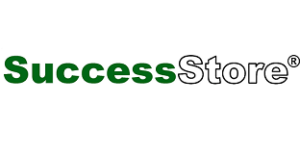Networking one coffee at a time!
If you are anything like me, during the pandemic my world became very small. Instead of looking outwards my day to day interactions were focused on my work, my team and the four walls of my makeshift office. It turns out I was not alone in my loneliness. According to Harvard Business Review the average executive’s personal network shrank by 16% during the pandemic. While typically outgoing and gregarious, the experience of working at home in some ways dented my confidence with regards to building networks and getting out there and meeting people. I had to regain skills I had lost and develop new ones as networking has gone hybrid as well.. Not everyone can ( or is even willing) to meet in person now so new skills are required. Networking is especially important to recent graduates and early career employees who don’t have the luxury of an established network and may have joined the workforce during the pandemic stunting their ability to develop professional networks through their office experience.
Networking for professional and personal growth
Networking is a crucial aspect of professional and personal growth. Put simply, we need each other. We can’t solve all our problems alone, and without the usual serendipitous meetings that happen in the office, we need to be intentional about our network building. Not only does networking increase our visibility, but it also makes work more fun and social. Intentional networking is also good for organizations, as it helps foster diversity of connections and provides fertile ground for ideas and innovation. Our research at WorkMatters also identified Networking (as a natural aspect of relationship building) as one of the personal skills needed for future-proofing your career and adapting to the ever-changing world of work.

Building a network
Building a network can seem like a daunting task for many of us, but it doesn’t have to be! Instead of viewing it as some kind of awkward or even manipulative tool, think of it as a mutually beneficial way to connect with others and broaden your network and support base for your future. Remember, you bring valuable skills and experiences to the table.
The following 5 steps adapted from Keith Ferazzi’s work have helped me be more intentional about building my network:
- Evaluate – What are your goals? Before building a network understand what you want to achieve from networking and also critically, what skills and abilities you bring to the network
- Identify – Work out who you want to connect with. Do any of your strong ties connect to that person? LinkedIn and internal Social Networks have these capabilities built-in and it makes it easier for you
- Research and Prepare – Understand the needs and priorities of the person you want to connect with and what might you be able to offer them and exchange in terms of capabilities and knowledge with them. Like present giving, networking is actually just as much about giving benefit to your contact than expecting anything in return
- Connect – Often the scariest part for networking rookies. Feel the fear do it anyway, press send or pick up the phone and make the invite or reserve your place at the networking meeting. Be clear with the person about what it is you would like to discuss and meet for that coffee or lunch. I’m a coffee addict so I find meeting in person in a cafe is a great informal way to break the ice for these kind of discussions. Authentically and honestly convey the qualities you recognise in them and offer your perspectives and service to them. We all like to be valued.
- Follow up and maintain – It’s important once a connection is made that you maintain it. Stay in touch and continue to add value to the person where you can.
As I look back over the last year or so, and where I made the deliberate effort to reach out to people, I am now so grateful now that I did. Remember, networking is not just about what you can get out of it, but also about what you can bring to the table.
So, grab a coffee and start building those connections today!
Author:
James Ryan, Senior Consultant, WorkMatters








